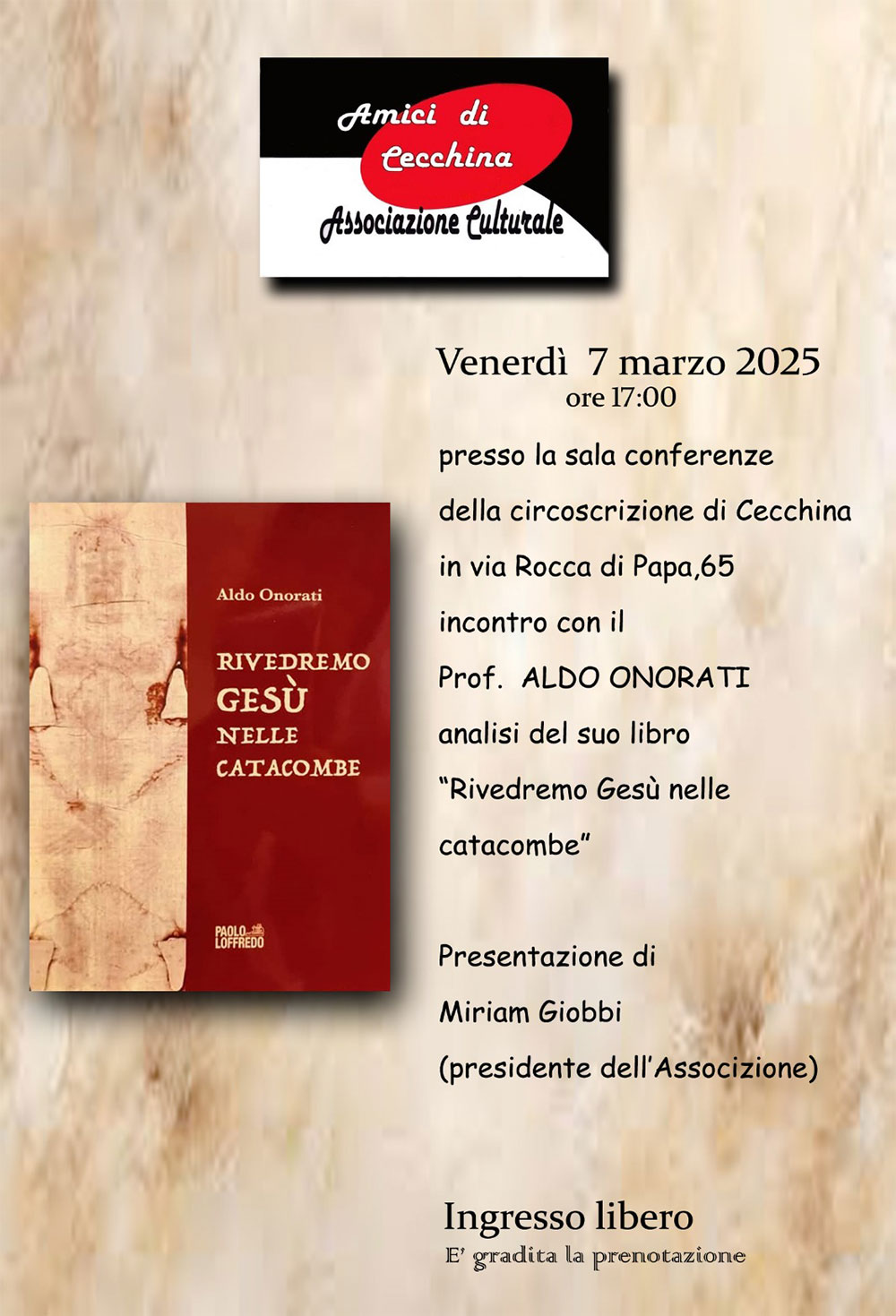 Paolo Loffredo, sixth generation of a large family of publishers and booksellers engaged in the production and distribution of books since the late nineteenth century, creates in 2012 the new editorial company Paolo Loffredo Editore. The historical site was until the '80s in the heart of the historic centre of Naples in Via San Biagio dei Librai, lower Decumano and also known as the SpaccaNapoli.
Paolo Loffredo, sixth generation of a large family of publishers and booksellers engaged in the production and distribution of books since the late nineteenth century, creates in 2012 the new editorial company Paolo Loffredo Editore. The historical site was until the '80s in the heart of the historic centre of Naples in Via San Biagio dei Librai, lower Decumano and also known as the SpaccaNapoli.
At the beginning of the twentieth century, Giuseppe Loffredo decided to add book selling to the book production, which definitively imposed itself after World War II with the publication of manuals for the University and for the School that succeeded in establishing themselves soon throughout Italy.
LAST EVENT
"Rivedremo Gesù nelle catacombe"
07 Marzo 2025 - Sala Conferenze circoscrizione di Cecchina - via Rocca di Papa 65, Albano Laziale (RM) - ore 17,00

Viuit post proelia Magnus - Commento a Lucano, Bellum civile VIII
ISSN: 2611-1411
Language: Latin, Italian
Publisher: Paolo Loffredo Editore Srl

Description
Book preview
Review by: "Rivista - Latomus, settembre 2020, fascicolo 79/3"
Review by "Rivista di filologia e di istruzione classica - fascicolo 1/2022"
Review by Maia_74.1_2022
Review on ATHENAEUM 1/2023 by Valentino D’urso
Viuit post proelia Magnus. Commento a Lucano, Bellum civile VIII
The narration of Pompeo's escape from the field of Farsàlo caused many problems to the exegetes of the "Bellum civile" by Lucano due to the contradictory attitude assumed by the character, especially in the first section of the book VIII. This study, through a commentary of a lemmatic type, intends to analyze the peculiar physiognomy of the "hero" in that period of the story. In the work of commentary, alongside the models of the Cordovese, the book tried to give an account of the reception of his text by ancient, medieval and modern authors who, besides attesting to the articulated fortune of the "Bellum civile" , helps to clarify the meaning of some of his problematic steps. In an attempt to offer a complete view of the solutions proposed around the main nodes of Lucano's work, he also took into account the vast exegesis work that developed over time in the margin of the poem starting from the Late Antiquity and Medieval scholasticism to reach, through the comments of the humanistic and modern age, to the works of the XIX-XXI centuries.



